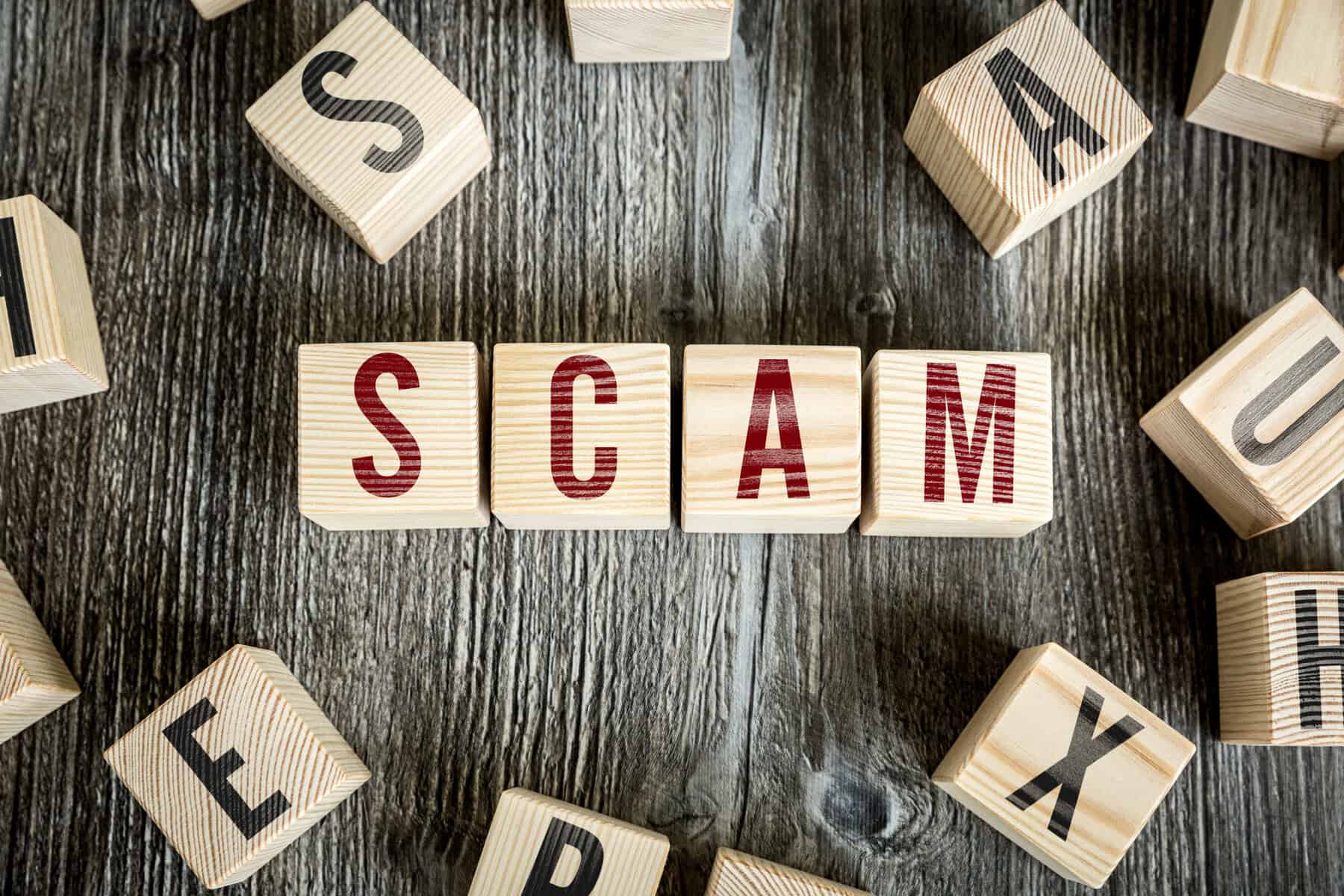Lawmakers are tightening rules to hold banks accountable for scam losses.

If you are scammed into accessing your bank account and transferring money in countries such as the UK and Singapore, your bank must refund you according to law.
In the UK, according to Reuters, the mandatory refund requirement for authorised push payment fraud was implemented on 7 October, 2024.
What is push payment fraud?
Push payment fraud happens when a scammer convinces you to authorise a payment under false pretences.
The new rules will require UK payment service providers to reimburse all in-scope customers who fall victim to authorised push payment fraud, with limited exceptions.
The UK had 207 372 reported incidents of push payment fraud in 2022.
ALSO READ: Banks or scammers? Who’s responsible?
Telecommunication firms’ role in prevention
In addition, the framework also sets duties for telecommunication companies, including:
- Delivering a sender ID SMS to subscribers only if it is from authorised and licensed aggregators and otherwise block the sender ID SMS; and
- Implementing an antiscam filter on the company’s SMS network. Consumers also have duties in Singapore to reduce the risk of falling prey to phishing scams.
Consumer duties generally include being vigilant and taking sufficient cyber precautions, including not clicking on suspicious links and not disclosing personal or account credentials to others.
ALSO READ: Interpol cracks down on illegal bitcoin miners and cyber crooks across Africa
EU steps towards stronger protections
The European Union is busy with legislation to strengthen consumer protection and mitigate payments fraud.
According to law firm Hogan Lovells, one of the recommendations expands the scope of a payment service provider’s liability to refund consumers for fraud losses.
According to Hogan Lovells, several countries are in the process of considering reimbursement frameworks for scam losses.
Developments in Australia and the US
In Australia, the Scams Prevention Framework Bill, which includes a compensation mechanism for scam victims, was introduced in parliament in November last year.
In the US, the Bill Protecting Consumers from Payment Scams Act, includes requirements for financial institutions to reimburse consumers for unauthorised or fraudulently induced transactions.
It was introduced in the House of Representatives in August last year.
Most banks in the US have been able to avoid liability until now, in part because of a 1978 law called the Electronic Funds Transfer Act.
Regulation E holds that banks are not liable for transactions that were authorised by the customer.
ALSO READ: WATCH: How email fraud syndicates are bleeding South African businesses dry






